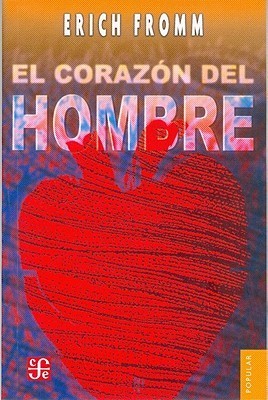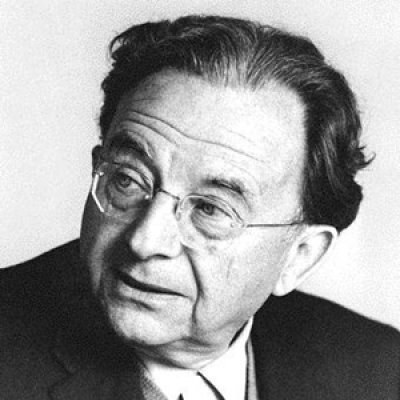
Dr Fromm considers The Heart of Man a counterpart to The Art of Loving. The present volume reveals the other face of Janus, however, as he's concerned here essentially with the nature of evil—& by the converse of its definition, good—& the human capacity for it. He equates evil with tendencies toward death, the regression to the prehuman mass against the good of progressing toward life & true humanness. He sees necrophilia, extreme narcissism & incestuous symbiosis as the "syndrome of decay." Persons are free to choose between evil & good, but previous choices have effects: the more choices made against life, the harder it is to avoid a hardened heart, to turn back. Yet this is almost always possible. In a social context, he observes the influence of a Hitler or Stalin & analyzes their appeal. More clinical than The Art of Loving, this will mainly be of interest in terms of its religious-phychological equation. It appears as the 12th volume in the Religious Perspectives series.—Kirkus (edited) Religious Perspectives—Ruth Nanda Anshen Foreword Man—Wolf or Sheep? Different Forms of Violence Love of Death & Love of Life Individual & Social Narcissism Incestuous Ties Freedom, Determinism, Alternativism Index
Author

Erich Fromm, Ph.D. (Sociology, University of Heidelberg, 1922), was a psychoanalyst and social philosopher who explored the interaction between psychology and society, and held various professorships in psychology in the U.S. and Mexico in the mid-20th century. Fromm's theory is a rather unique blend of Freud and Marx. Freud, of course, emphasized the unconscious, biological drives, repression, and so on. In other words, Freud postulated that our characters were determined by biology. Marx, on the other hand, saw people as determined by their society, and most especially by their economic systems.